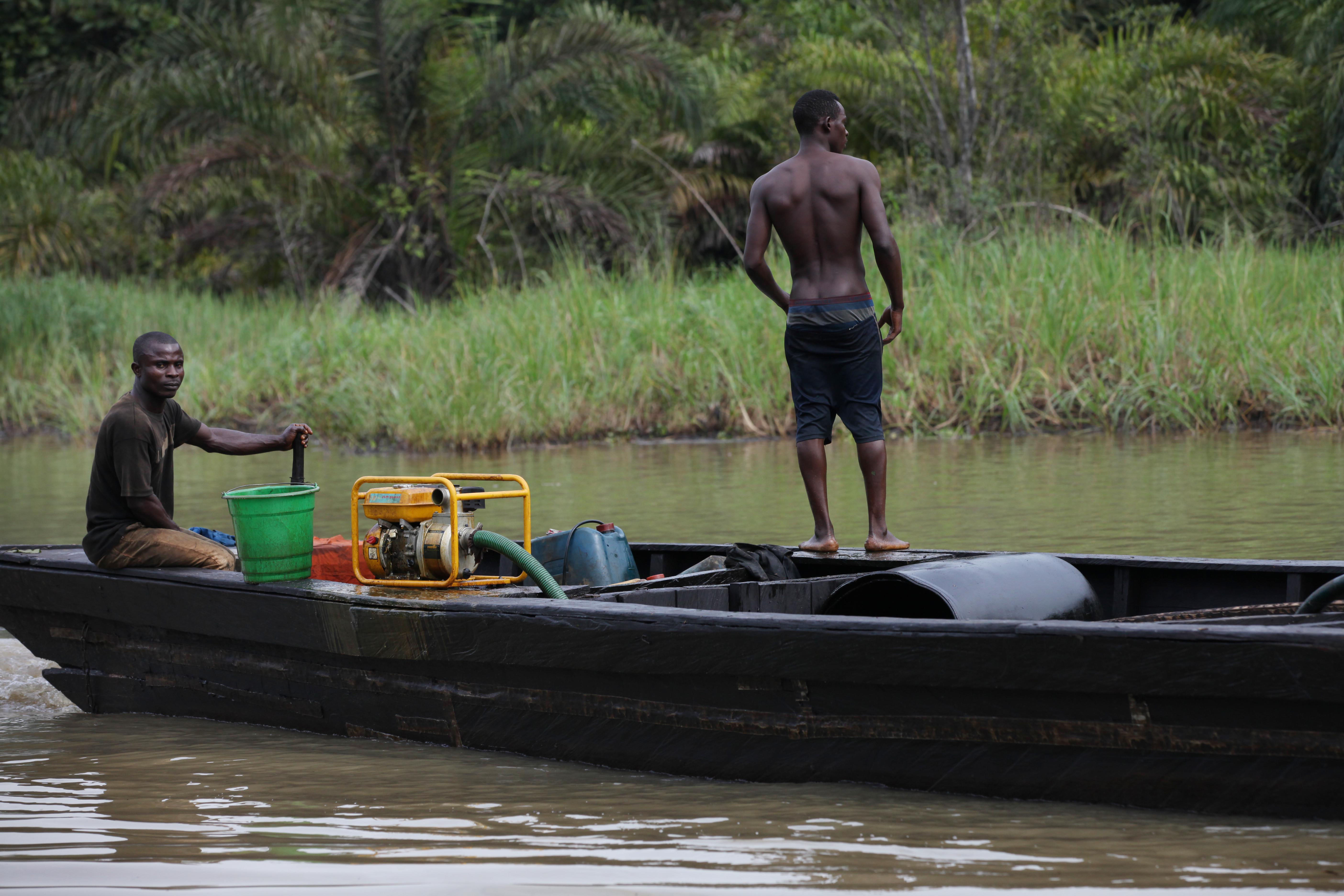The flames roared 20 meters above the Niger delta swamp for 48 hours; 6,000 barrels of crude oil spilled into the creeks and waterways around the village of Bodo and several people died.
But although the Nigerian Army and Navy were stationed just 100 meters from the site of the massive explosion, no-one knows — or will say — what really happened to Nigeria's most important oil pipeline around 2 a.m. on June 19.
It could have been an accident. The Trans Niger pipeline, which transports around 150,000 barrels a day of crude oil from wells across the Niger delta through the creeks and impoverished villages of Ogoniland and Ogu-Bolo to the giant oil terminal at Bonney, is rusting, nearly 50 years old and known to spring leaks. But it is also one of the most sabotaged pipelines in the world with local communities accused by Shell of making over 20 attempts to tap oil from it in the last year.



















With your current subscription plan you can comment on stories. However, before writing your first comment, please create a display name in the Profile section of your subscriber account page.